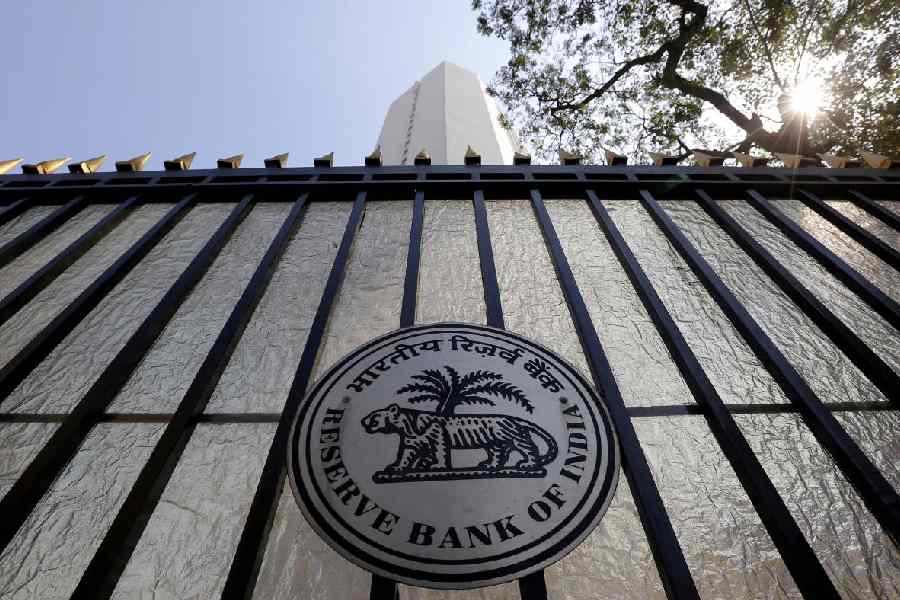 |
| Advani |
New Delhi, Nov. 10: Deputy Prime Minister L.K. Advani has woken up to the “virtues” of Nobel Laureate Amartya Sen’s thesis, six months after dismissing it as “wrong”.
At a function organised by the National Medicos Organisation today, Advani said the main reason for India’s sluggish development lay in its neglect of education and health — an echo of Sen’s words.
The deputy Prime Minister also said he “liked” Sen’s views.
But it hasn’t always been so. Not so long ago, he was reported to have said exactly the opposite at a function of the defence forces. Advani had categorically stated that the eminent economist had “got it wrong”. Development, he stressed, was not achieved through health and education, but by strengthening defence.
Now, months later, the deputy Prime Minister seems to have changed his mind.
At the medicos function, Advani said he made it a point to attend functions focussing on health and education because of the priority his government attached to these issues.
“This is the reason I go to any function related to health or education despite being a home minister. I fulfil the mandate of my government by doing this,” he said.
The deputy Prime Minister went on to say that the country was struggling to realise the dreams of freedom fighters even after 50 years of Independence.
“Our party holds the view (that) we have not been able to convert Independence into good governance.”
The Nobel Laureate has always been critical of India’s high budget allocation to defence rather than to the social sector. It has been his belief that the human resources development index in the country would continue to be low till the government prioritised education and health as issues of real concern.
This is a line of argument that has been contested by a lobby, particularly of hawks, that believes that India needs to keep up its high budgetary allocation to defence in the interest of national security.
Advani’s earlier dismissal of Sen’s theory had attracted a lot of criticism, particularly from educationists and activists fighting for a higher allocation to education.
This lobby has been goading the government to meet its promise of earmarking 6 per cent of GDP for education.
“I remember his statements at that defence function very well. In fact, I had written a piece criticising it,” said Sanjiv Kaura of the National Alliance for Fundamental Right to Education.










